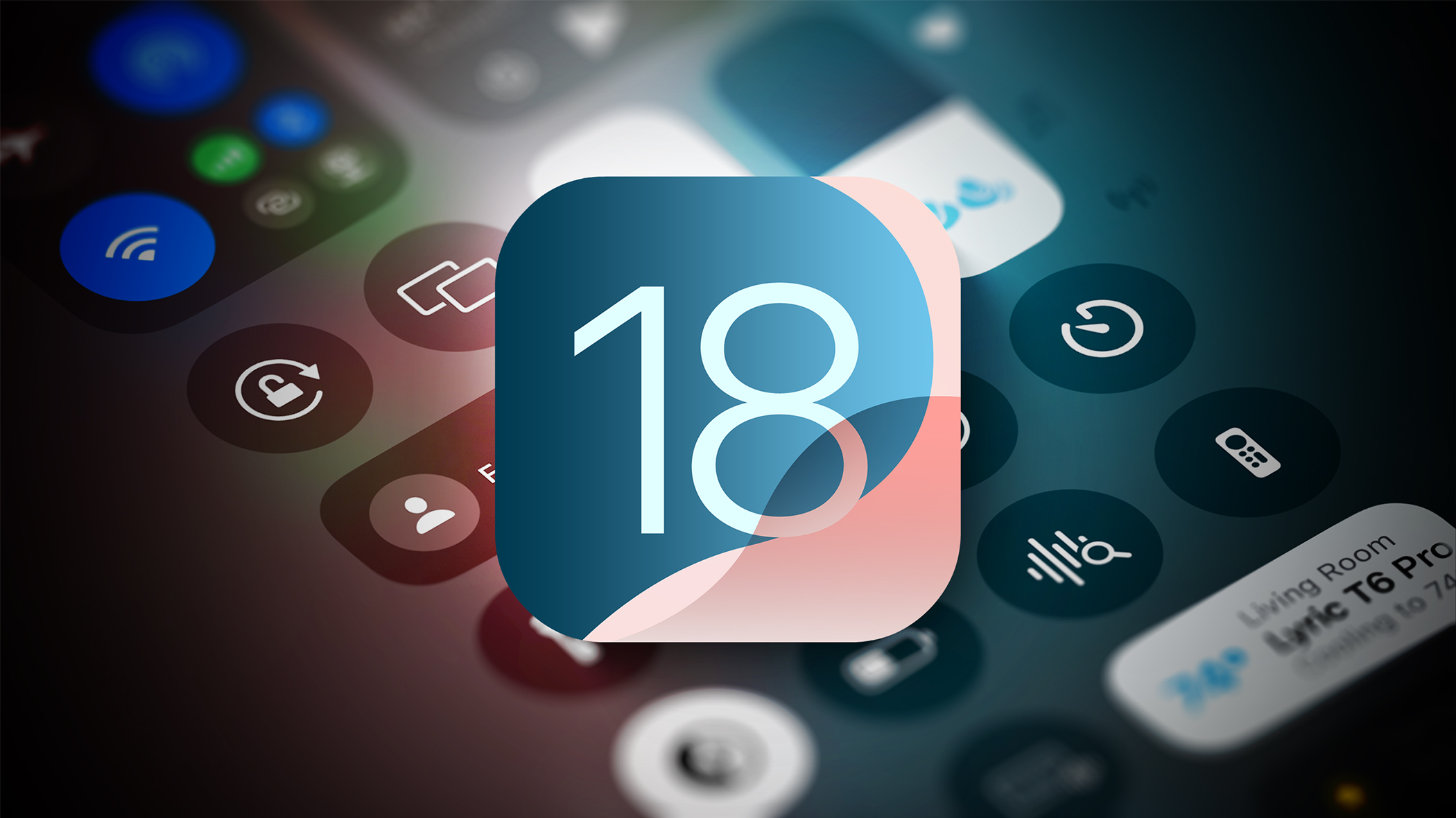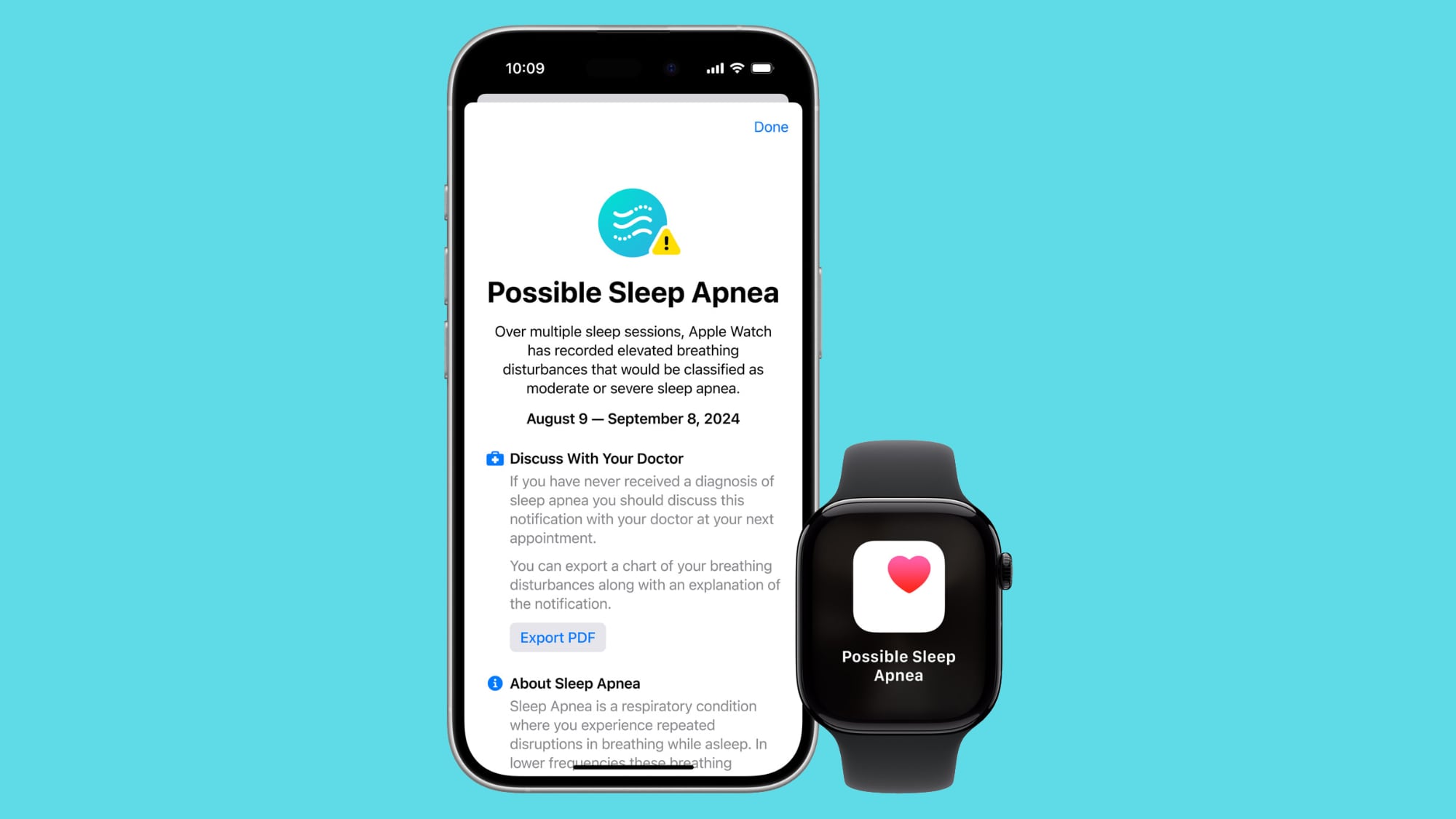Microsoft’s new report shows that Indian employees would befriend AI at work
2023 is the year of artificial intelligence or AI. While AI has been in the works for almost 70 years now with experts warning about its dangers for years, never has the technology seemed so close to people and never has it gained so much attention as now. While experts are warning that AI could lead to the extinction of humanity as we know it, a more pressing concern among people working in various industries across the globe has been the loss in jobs that implementation of AI in the workplaces will lead to. While the concern is real and is shared by thousands of employees globally, the overall sentiment, interestingly, isn’t all that negative. In fact, a lot of employees across industries would rather work with AI, in more of a co-pilot capacity, to ease off their digital debt, or so does findings from a recent report by Microsoft say.
The company today shared the findings of its annual Work Trend Index report. As a part of the report, Microsoft surveyed 31,000 people across industries in 31 countries including 14 Asia Pacific markets, including roughly 1,000 workers in India, as well as trillions of signals from emails, meetings, and chats across Microsoft 365, plus labour trends on LinkedIn. The data collated as part of the report shows that ‘the pace of work has accelerated faster than humans can keep up, and it is impacting innovation’.
“AI is poised to create a whole new way of working and organisations that move first to embrace AI will break the cycle — increasing creativity and productivity for everyone,” the report says.
70 percent of global workers would delegate work to AI
Here are the some of the most interesting findings from the global report:
— While 49 percent of people say they are worried AI will replace their jobs, even more — 70 percent — would delegate as much work as possible to AI to lessen their workloads.
— Three out of four employees said that would be comfortable using AI for administrative tasks (76 percent), but most people also said they would be comfortable using it for analytical (79 percent) and even creative work (73 percent).
— Employees are also looking for AI to assist with finding the right information and answers they need (86 percent), summarizing their meetings and action items (80 percent), and planning their day (77 percent).
— Employees also believe that AI can enhance creativity, from formulating ideas for their work (76 percent) to editing their work (75 percent).
— 87 percent of workers in creative roles3 who are extremely familiar with AI said they would be comfortable using AI for creative aspects of their job.
— When asked what changes they value most, 33 percent employees imagined producing high-quality work in half the time, 26 percent said being able to understand the most valuable ways to spend their time while 25 percent talked about and energy, and 23 percent said that they would never have to mentally absorb unnecessary or irrelevant information again.
83 percent Indian workers said would delegate as much work as possible to AI
Interestingly, India findings are no different than the global findings.
— 83 percent Indian employees said that they would delegate as much work as possible to AI in order to lessen their workloads.
— Over three in four Indian workers would be comfortable using AI not just for administrative tasks (86 percent) but also for analytical work (88 percent), and even creative aspects of their role (87 percent).
— 100 percent of Indian creative workers who are extremely familiar with AI would be comfortable using AI for creative aspects of their job.
— Indian managers are 1.6x more likely to say that AI would provide value in the workplace by boosting productivity rather than cutting headcount.
— 90 percent of Indian leaders say employees they hire will need new skills to be prepared for the growth of AI.
— 78 percent of Indian workers say they don’t currently have the right capabilities to get their work done.
Expert opinion remains optimistic
Not just the workers but also the tech experts have expressed optimisim for humanity in the era of AI. “You know, it’s going to be a multiplier of human capability. This will help us unleash a lot more productivity, creativity and bring new skills to work. So, some tasks, and I mean there’s always overriding payout, you know, there will be job loss, but I think some tasks will be automated, and some will be assisted by freeing up people to do exactly what they like to do,” Merlyn Matthew, Head – Delivery Excellence and Talent Management, Persistent Systems, said in a panel discussion while unveiling the findings of the report.
“We should not forget that it is not a substitute, right. For example, computers are used as a substitute for typewriters doing work. You have to create new processes. You have to see what this technology can do. Smartphone is not a replication of what you do on a PC, so AI is similarly one more step, and you have to figure out where this will take you through human intelligence and if we can use it to make the human better at work,” said Richard Lobo, Executive Vice President and Head of HR, Infosys.
Focus on transparency
Despite the positivity, experts believe that there needs to be absolute privacy and accountability around the use of AI.
“Now if I look at AI algorithms, they need to be really transparent. You know you cannot operate out of a black box, so I think one of the things that we’re bringing into our entire way of thinking about software development is do we have explainable AI,” Matthew said.
“So, you have the ethics on one hand, and you have the experiment on the other hand. So, you should allow for experimentation, but you keep ethics as your guideline and the whole bottom line is the human has to be in charge, and as long as you can get this balance there between the ethics and the experiment, and have the human in charge, I think we’ll get it right,” Lobo added.
The post Microsoft’s new report shows that Indian employees would befriend AI at work appeared first on Techlusive.

2023 is the year of artificial intelligence or AI. While AI has been in the works for almost 70 years now with experts warning about its dangers for years, never has the technology seemed so close to people and never has it gained so much attention as now. While experts are warning that AI could lead to the extinction of humanity as we know it, a more pressing concern among people working in various industries across the globe has been the loss in jobs that implementation of AI in the workplaces will lead to. While the concern is real and is shared by thousands of employees globally, the overall sentiment, interestingly, isn’t all that negative. In fact, a lot of employees across industries would rather work with AI, in more of a co-pilot capacity, to ease off their digital debt, or so does findings from a recent report by Microsoft say.
The company today shared the findings of its annual Work Trend Index report. As a part of the report, Microsoft surveyed 31,000 people across industries in 31 countries including 14 Asia Pacific markets, including roughly 1,000 workers in India, as well as trillions of signals from emails, meetings, and chats across Microsoft 365, plus labour trends on LinkedIn. The data collated as part of the report shows that ‘the pace of work has accelerated faster than humans can keep up, and it is impacting innovation’.
“AI is poised to create a whole new way of working and organisations that move first to embrace AI will break the cycle — increasing creativity and productivity for everyone,” the report says.
70 percent of global workers would delegate work to AI
Here are the some of the most interesting findings from the global report:
— While 49 percent of people say they are worried AI will replace their jobs, even more — 70 percent — would delegate as much work as possible to AI to lessen their workloads.
— Three out of four employees said that would be comfortable using AI for administrative tasks (76 percent), but most people also said they would be comfortable using it for analytical (79 percent) and even creative work (73 percent).
— Employees are also looking for AI to assist with finding the right information and answers they need (86 percent), summarizing their meetings and action items (80 percent), and planning their day (77 percent).
— Employees also believe that AI can enhance creativity, from formulating ideas for their work (76 percent) to editing their work (75 percent).
— 87 percent of workers in creative roles3 who are extremely familiar with AI said they would be comfortable using AI for creative aspects of their job.
— When asked what changes they value most, 33 percent employees imagined producing high-quality work in half the time, 26 percent said being able to understand the most valuable ways to spend their time while 25 percent talked about and energy, and 23 percent said that they would never have to mentally absorb unnecessary or irrelevant information again.
83 percent Indian workers said would delegate as much work as possible to AI
Interestingly, India findings are no different than the global findings.
— 83 percent Indian employees said that they would delegate as much work as possible to AI in order to lessen their workloads.
— Over three in four Indian workers would be comfortable using AI not just for administrative tasks (86 percent) but also for analytical work (88 percent), and even creative aspects of their role (87 percent).
— 100 percent of Indian creative workers who are extremely familiar with AI would be comfortable using AI for creative aspects of their job.
— Indian managers are 1.6x more likely to say that AI would provide value in the workplace by boosting productivity rather than cutting headcount.
— 90 percent of Indian leaders say employees they hire will need new skills to be prepared for the growth of AI.
— 78 percent of Indian workers say they don’t currently have the right capabilities to get their work done.
Expert opinion remains optimistic
Not just the workers but also the tech experts have expressed optimisim for humanity in the era of AI. “You know, it’s going to be a multiplier of human capability. This will help us unleash a lot more productivity, creativity and bring new skills to work. So, some tasks, and I mean there’s always overriding payout, you know, there will be job loss, but I think some tasks will be automated, and some will be assisted by freeing up people to do exactly what they like to do,” Merlyn Matthew, Head – Delivery Excellence and Talent Management, Persistent Systems, said in a panel discussion while unveiling the findings of the report.
“We should not forget that it is not a substitute, right. For example, computers are used as a substitute for typewriters doing work. You have to create new processes. You have to see what this technology can do. Smartphone is not a replication of what you do on a PC, so AI is similarly one more step, and you have to figure out where this will take you through human intelligence and if we can use it to make the human better at work,” said Richard Lobo, Executive Vice President and Head of HR, Infosys.
Focus on transparency
Despite the positivity, experts believe that there needs to be absolute privacy and accountability around the use of AI.
“Now if I look at AI algorithms, they need to be really transparent. You know you cannot operate out of a black box, so I think one of the things that we’re bringing into our entire way of thinking about software development is do we have explainable AI,” Matthew said.
“So, you have the ethics on one hand, and you have the experiment on the other hand. So, you should allow for experimentation, but you keep ethics as your guideline and the whole bottom line is the human has to be in charge, and as long as you can get this balance there between the ethics and the experiment, and have the human in charge, I think we’ll get it right,” Lobo added.
The post Microsoft’s new report shows that Indian employees would befriend AI at work appeared first on Techlusive.




